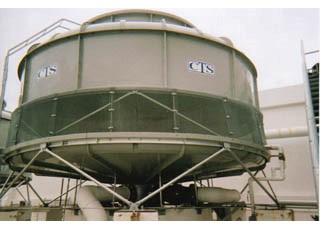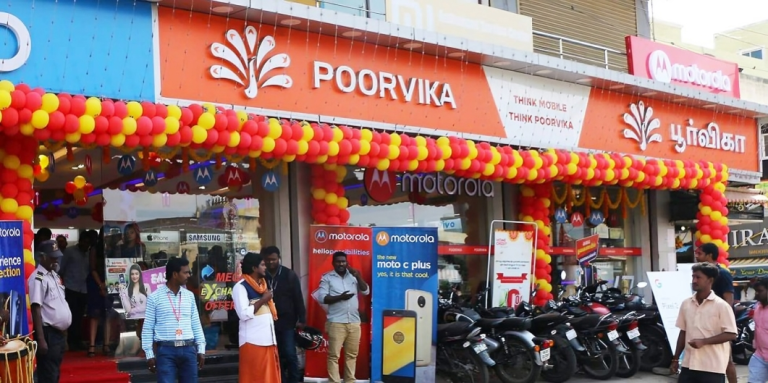Ensuring Maritime Safety: Immersion Survival Suits and FFA Services in India

Navigating India’s bustling maritime industry demands more than just skilled crews-it requires cutting-edge safety gear and meticulous maintenance. Immersion survival suits in India and FFA Services in India stand as twin pillars of protection, safeguarding lives against cold waters and onboard fires. Here’s how these critical components are redefining safety standards across the nation’s ports and vessels.
The Lifeline Against Hypothermia: Why Immersion Suits Matter
Imagine plunging into icy waters during an emergency immersion survival suit in India are engineered to be the difference between life and death. Designed to meet SOLAS standards, these suits provide thermal insulation, buoyancy, and full-body coverage, preventing hypothermia even in sub-zero conditions. With features like watertight zippers, reflective patches, and quick-don designs (donning within 2 minutes), they ensure crew members survive long enough for rescue. Suppliers like Marinetech and Tobit Engineers offer SOLAS-certified suits in high-visibility colors, tailored for India’s diverse maritime environments.
Fire on Board? How FFA Services Save the Day
A spark at sea can escalate into catastrophe without robust FFA Services in India. From fire extinguishers to advanced suppression systems, these services ensure compliance with SOLAS Chapter II-2. Marine Mechanics, for instance, provides end-to-end solutions-inspecting hydrants, testing smoke detectors, and certifying equipment to avoid penalties. Their training programs transform crews into first responders, slashing emergency response times by 25% in client case studies.
SOLAS Compliance: The Non-Negotiable Safety Blueprint
The International Maritime Organization’s SOLAS Convention dictates stringent rules for both immersion survival suits and firefighting gear. Suits must withstand jumps from 4.5-meter heights and maintain core temperatures in 0°C waters for 6 hours. Similarly, FFA systems require monthly checks and annual pressure tests. Indian suppliers like Dipti Fire Services bridge compliance gaps, offering DGS-approved gear and 24/7 maintenance across major ports, from Kandla to Haldia.
Innovation Meets Survival: What’s New in Immersion Suit Tech
Gone are the days of bulky, restrictive designs. Modern immersion survival suits in India feature lightweight neoprene, integrated gloves, and ergonomic seams for mobility. Lalizas’ insulated Neptune suits, for example, use reinforced neoprene with face seals to block water ingress. Meanwhile, AI-driven buoyancy aids and GPS-enabled suits are emerging, promising real-time tracking during rescues-a game-changer for offshore rigs and fishing fleets.
Beyond Inspection: The Hidden Value of Proactive FFA Care
Top-tier FFA Services in India go beyond mandatory checks. Marine Mechanics’ “Preventive Maintenance 2.0” includes thermal imaging of electrical panels and drone-assisted hull inspections. Dipti Fire Services’ calibration labs ensure CO2 systems discharge precisely, while VR-based fire drills simulate engine room blazes without risk. Such innovations minimize downtime and maximize preparedness.
Training the Human Element: Drills That Don’t Drill Boredom
Even the best gear fails without skilled operators. Leading FFA providers now gamify safety training-think escape-room-style fire simulations and AR-powered life raft deployments. Crews practice donning immersion suits in pitch-dark rooms or rough-wave simulators, building muscle memory for real crises.
The Cost of Complacency: Risks of Cutting Corners
Skipping suit recertification or delaying extinguisher refills invites disaster. A single non-compliance penalty can exceed ₹10 lakhs, while equipment failure during audits grounds vessels. Reliable FFA Services in India bundle affordability with accountability, offering pay-per-use models and free re-inspections to keep budgets and safety intact.
Future-Proofing Safety: What’s Next for Indian Maritime Tech
India’s safety sector is embracing sustainability-bio-degradable suit materials and solar-powered fire alarms are in development. Startups like Nautical Safety Solutions are piloting IoT-enabled immersion suits that transmit distress signals via satellite, while AI predicts fire risks using engine data.
Conclusion: Safety as a Culture, Not a Checklist
For shipowners, investing in immersion survival suits in India and FFA Services in India isn’t just regulatory-it’s ethical. Partners like Dipti Fire Services and Marine Mechanics prove that innovation and vigilance can turn survival gear into life-saving ecosystems. After all, calm seas never made skilled sailors, but the right equipment ensures they live to sail another day.






